I spy with my little eye, parents that look a lot like Google
Google has been granted a patent that seeks to automate parenting — including monitoring kids.
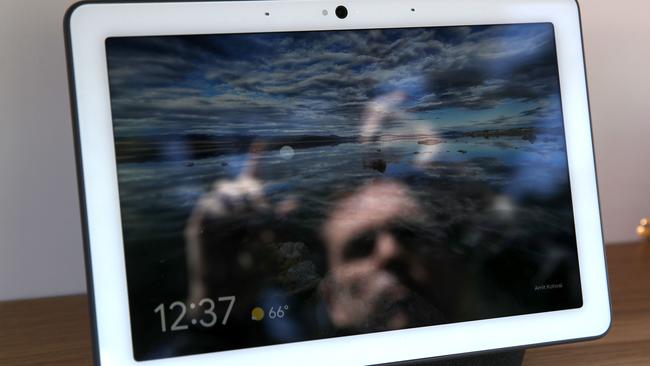
Google has been granted a patent that seeks to partly automate parenting — including monitoring where children are in the family home, what they are doing, eating and saying.
In a move that privacy campaigners have described as “worrying”, Google has won the exclusive right to develop home technology around household policies, including sensors and cameras that could monitor what’s happening in all rooms of the family home.
The aim would be to alert parents if pre-set rules are broken — including consumption of junk food or use of swear words. The system could also electronically lock doors and turn off running taps.
It’s not just aimed at children. Google could keep a watchful eye on trips to the fridge if you are trying to lose weight.
The patent gives Google exclusive rights to develop its home technology ideas up until January 2037 and updates an earlier version granted last year.
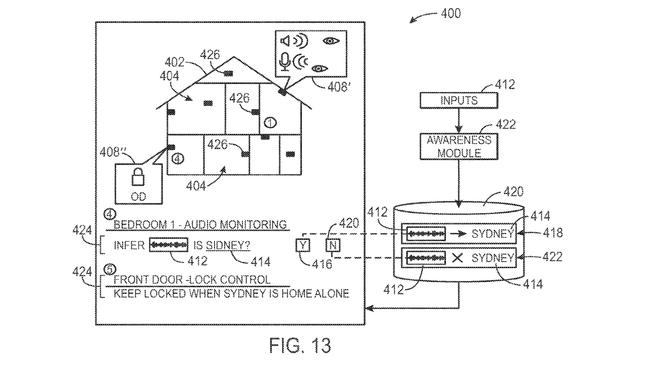
Sacha Molitorisz, a research fellow at the University of Technology Sydney’s Centre for Media Transition said the patent raised multiple issues, particularly regarding children who may not be in a position to give meaningful consent to being monitored.
“Collecting that sort of data about adults is quite revealing. Collecting data about children is even more revealing and worrisome because they’re vulnerable. Their data is very, very valuable.”
He was also worried about the cumulative effect of collecting and matching data. While monitoring a family’s eating habits in a dining room, microphones might detect a couple arguing. Video would confirm a domestic dispute. Over time it would be possible to profile the couple’s relationship.
“Once you start getting the emotional data and the real workings of the household, it is concerning detail. I think we need to have a long, hard think about this sort of tech,” Dr Molitorisz said.
He added that Google and Amazon had put effort into recognising the emotional state of people and had reservations about cameras in bedrooms, but “I imagine a number of other people might not”.
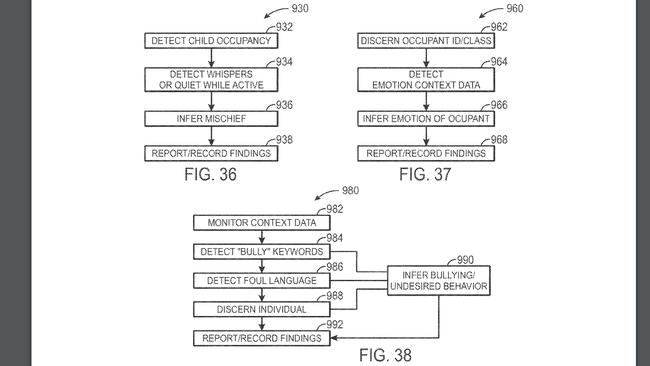
Data analysis organisation CB Insights said Google has filed 125 patents related to its smart-home concepts since 2013.
In one patent, Google discusses a “smart classifier” camera that can glean the title of a book on a bedside table. If someone is reading The Godfather in bed, Google might recommend a movie about the mafia to watch.
It’s all part of Google’s plan to get up close and personal with families in their homes to a more intimate extent than it achieves by collecting data from phones and web browsers.
In homes it wants to know the gender, age, fashion-taste, style, mood, known languages, and preferred activities of the people there. Google and other technology companies are under intense scrutiny over their collection and use of personal data.
A Google spokesperson said its patent filings did not necessarily reflect the company’s product plans. "We file patents regularly and they aren't necessarily reflective of our product plans, and may never be used in products at all.
“We always strive to be thoughtful when introducing new technologies to the home which is why we published a guide to explain as clearly and simply as possible, how our connected home devices and services work, and how we uphold our commitment to respect your privacy."
The former director of the UK intelligence and signals agency GCHQ, Sir David Omand, this week raised serious concerns about how powerful tech companies have become.
Speaking at the Cheltenham Literature Festival on Tuesday, he said: “It’s a fact that the internet companies know more about me, you, everyone in the hall than any intelligence agency ever could or should know.”
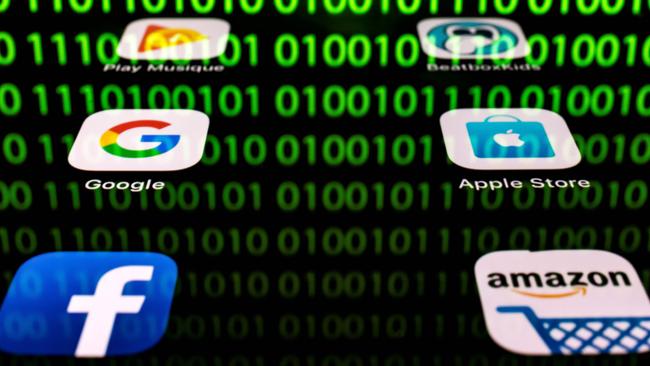
Google has made recent efforts to address the issue of privacy including recent postings on its blog.
A week ago it announced the extension of “incognito” (anonymous use) to Google Maps. It’s already available on Chrome and YouTube.
In May, it said users could automatically delete their location history and web & app activity. It has run ads at Canberra Airport promoting this deletion capability.
Google concedes it retains some data even where users delete it. “Even when activity is deleted, some data about your use of Google services may be kept for the life of your Google account,” it says.
Google is yet to explain a separate, constant flow of data that it receives from Android phones that users are unaware of, as reported by The Australian in July.
This includes location scans, barometric readings, activity scans, and details of nearby wi-fi access points. The secretly generated data also can reveal a person’s location independently of regular location data.
More details: Big Brother hits home.



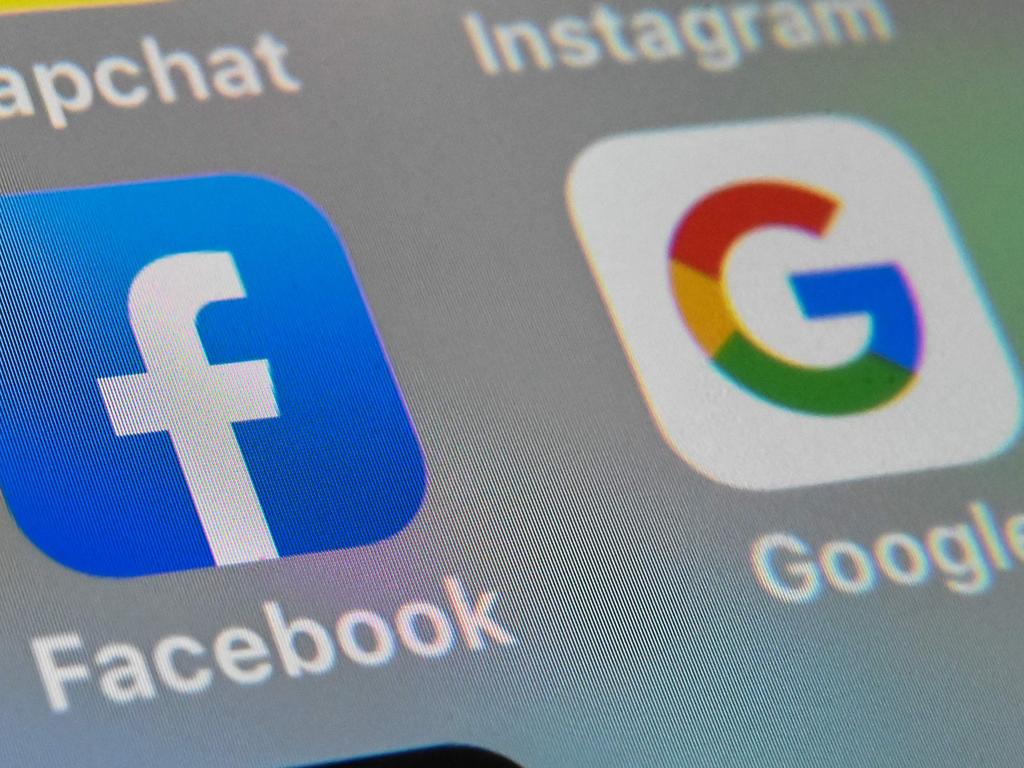


To join the conversation, please log in. Don't have an account? Register
Join the conversation, you are commenting as Logout